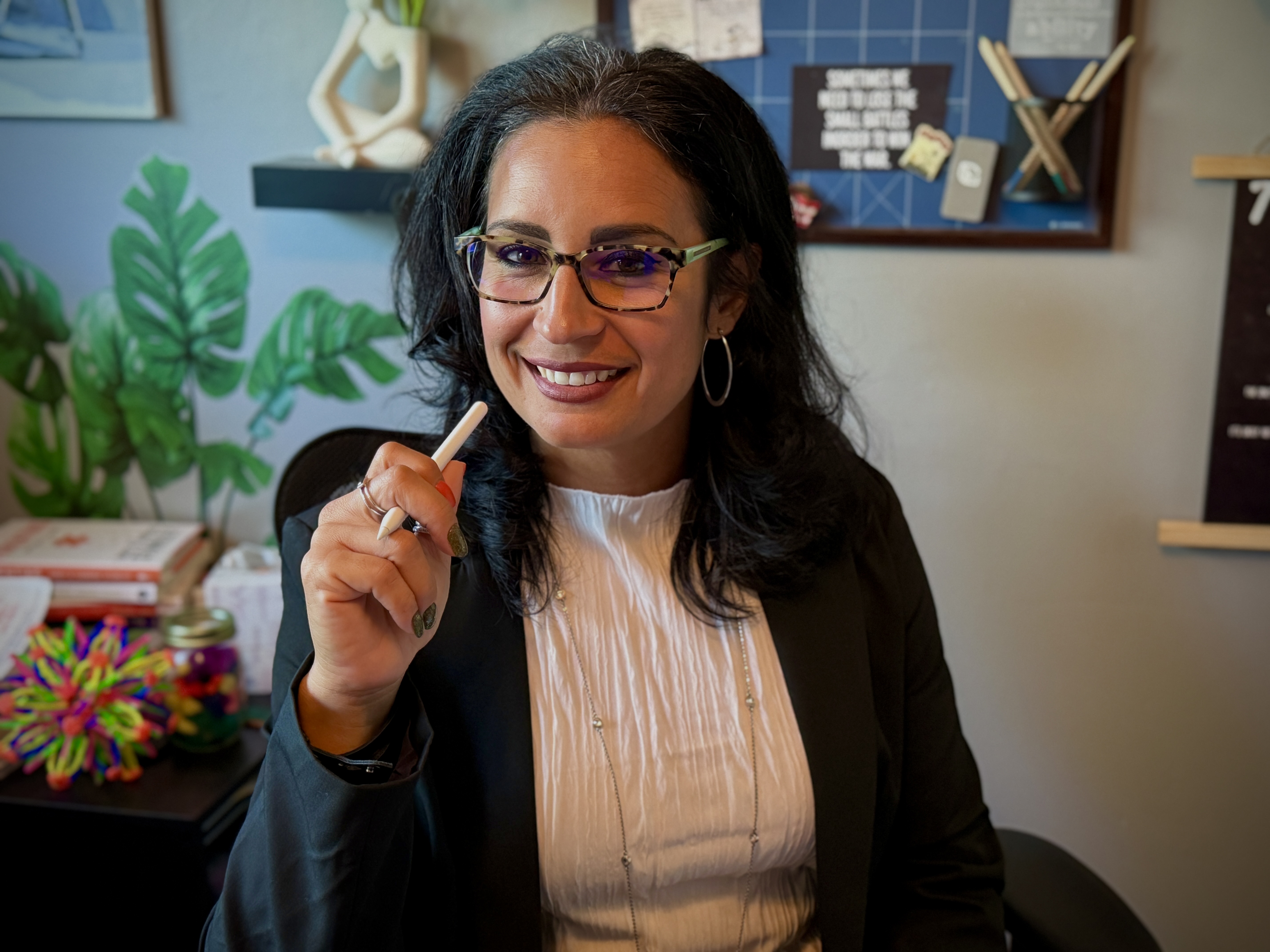When Divorce Papers Don’t Mean It’s Over: Understanding Ambivalence in the Divorce Process
- Yvette E. McDonald, LCSW-QS, CMNCS

- Sep 4, 2025
- 3 min read
Many people assume that once divorce papers are filed, the emotional decision has already been made. But in reality, filing for divorce doesn’t always mean a person—or even both partners—are ready to end the marriage. For some, the legal process begins while their heart is still searching for resolution, clarity, or hope. The following article from the Discernment Counseling team highlights what research reveals about ambivalence during divorce and why so many couples find themselves questioning, even late in the process, whether reconciliation is still possible.

It’s commonly believed that when people enter the legal divorce process, they have come to accept the reality that divorce is inevitable.
Even therapists and lawyers tend to assume that once divorce papers are filed, ambivalence about divorcing is over and the only task ahead is to help couples have a constructive end to their marriage. Recent research shows that these assumptions are not founded. In fact, many divorcing people aren’t sure they want their marriage has to end.
The first empirical study on attitudes towards reconciliation during the divorce process was conducted by Doherty, Peterson and Willoughby (2011), who surveyed a sample of 2,484 divorcing parents.
They found that about 25% of individual parents indicated a belief that their marriage could still be saved, and about 30% indicated an interest in reconciliation services.
That study was replicated by Hawkins, Willoughby and Doherty (2012) who found similar levels of belief that the marriage could be saved (26%) as well as interest in reconciliation services (33%).
A third study (Doherty, Harris, and Wilde, in press) asked about specific attitudes towards the divorce in a sample of 624 individual parents who had filed for divorce.
The study found that just two-thirds of participants were certain they wanted the divorce. The rest were ambivalent or did not want the divorce. Parents who were not certain about the divorce were highly interested in help to save their marriage.
Keep in mind that this study, like the other ones mentioned, were conducted with people who were well into the divorce process. Unpublished data from clients in initial consultation with lawyers has found that half of initial clients were ambivalent about getting divorce or didn’t want the divorce; only half were certain.
Other surveys of divorced people have found indicators of ambivalence about divorce. Several surveys reported that half of divorced individuals wished they had worked harder to overcome their marital differences and avoid their divorce (see Hawkins & Fackrell, 2009, for a summary. Hetherington and Kelley (2002) reported that in 75% of divorced couples at least one partner had regrets about the decision to divorce one year after the breakup.
In a qualitative study, Knox and Corte (2007) found striking levels of rethinking among currently separated spouses. They reported:
“Clearly, one effect of involvement in the process of separation was a re-evaluation of the desirability of initiating a separation to the degree that they would alert others contemplating separation/divorce to rethink their situation and to attempt reconciliation” (p. 79).
In summary, research now shows that divorce ambivalence is widespread among people who have entered the divorce process. It’s not over just because the legal divorce process has started.
If you or your spouse have started the legal divorce process but still feel uncertain, you’re not alone and that uncertainty deserves space, not shame. Ambivalence doesn’t mean you’ve failed; it means you still care about understanding your story before it ends. Discernment Counseling offers a structured, compassionate setting to slow down, explore both partners’ perspectives, and determine whether there’s a path to repair or if separation is the healthiest next step.
If you’re seeking clarity, not pressure, reach out to schedule a discernment consultation. Sometimes the most courageous decision isn’t to end or stay—it’s to pause long enough to see the full truth.

If you’d like to learn more about how this process works or schedule a discernment session, please reach out to our office. Your next step doesn’t have to be a leap—it can be a conversation.



